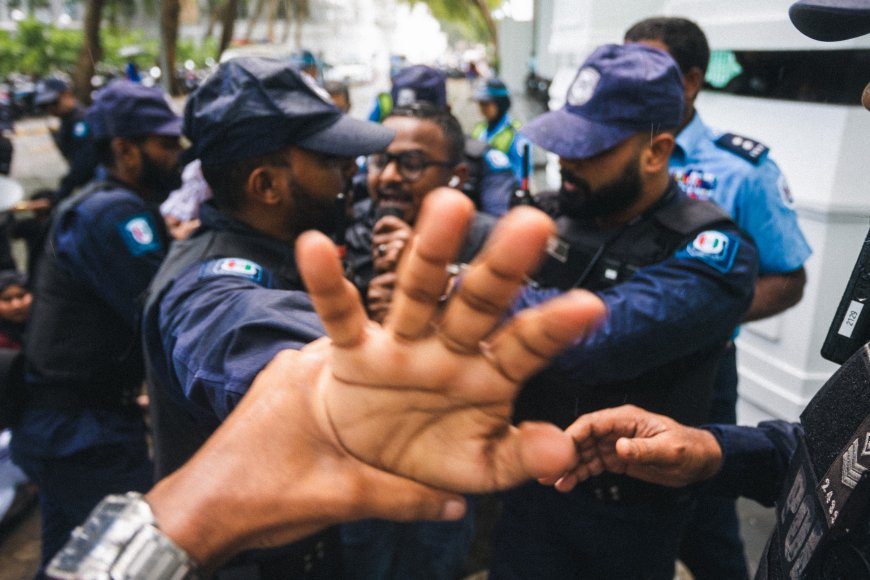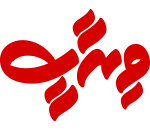Media Control Bill Passed in Maldives, A Blow to Democracy

In what journalists are calling one of the darkest days for Maldivian democracy, the Parliament on Tuesday bulldozed through a contentious media control bill, while police violently dragged away reporters and opposition lawmakers who tried to resist its passage.
The ruling People’s National Congress (PNC), armed with a supermajority, passed the bill with 60 votes in favour and just one against, ignoring the pleas of 151 journalists from 41 news outlets who had signed a petition demanding its withdrawal. Instead of listening, the Petitions Committee dismissed their concerns and the government tightened its grip.
A Commission to Control, Not Regulate
The law dismantles the Maldives Media Council (MMC) and Broadcasting Commission (BroadCom), replacing them with a state-controlled Maldives Media and Broadcasting Commission (MMBC). This new body, handpicked through a process heavily influenced by the government, will have the power to fine and sanction individual journalists, dictate how stories are reported, and enforce vague rules under the guise of “national security” and protecting the “legitimate government.”
Journalists warn this is nothing short of censorship. Ambiguities in the bill, such as obligations to “protect dignity” and bans on content at the order of state authorities, open the door for the government to shut down dissenting voices at will.
Protest Met With Brutality
From early morning, reporters and media workers gathered outside the Majlis in a last-ditch effort to block the bill. Riot police responded with force: dragging journalists by their press passes, shoving them to the ground, and leaving several injured. Inside Parliament, opposition MPs who stood up against the bill were forcibly ejected from the chambers.
What unfolded was not a debate on democracy, but a show of raw power.
“Protecting Defamation” or Crushing Dissent?
While the PNC insists the law is about “protecting citizens from defamation,” journalists see it for what it is: an attempt to silence independent voices and cement government control over the press.
“This isn’t regulation, it’s repression,” one journalist shouted before being hauled away by police.
A Turning Point for Press Freedom
The bill now sits on President Dr. Mohamed Muizzu’s desk for ratification. Journalists, media organisations, and international watchdogs are urging him not to sign it. But many fear the outcome is already decided.
If ratified, the Maldives will have traded its fragile tradition of self-regulation for direct government control—pushing the country further away from the democratic ideals its leaders claim to uphold.
What's Your Reaction?
 Like
0
Like
0
 Dislike
0
Dislike
0
 Love
0
Love
0
 Funny
0
Funny
0













